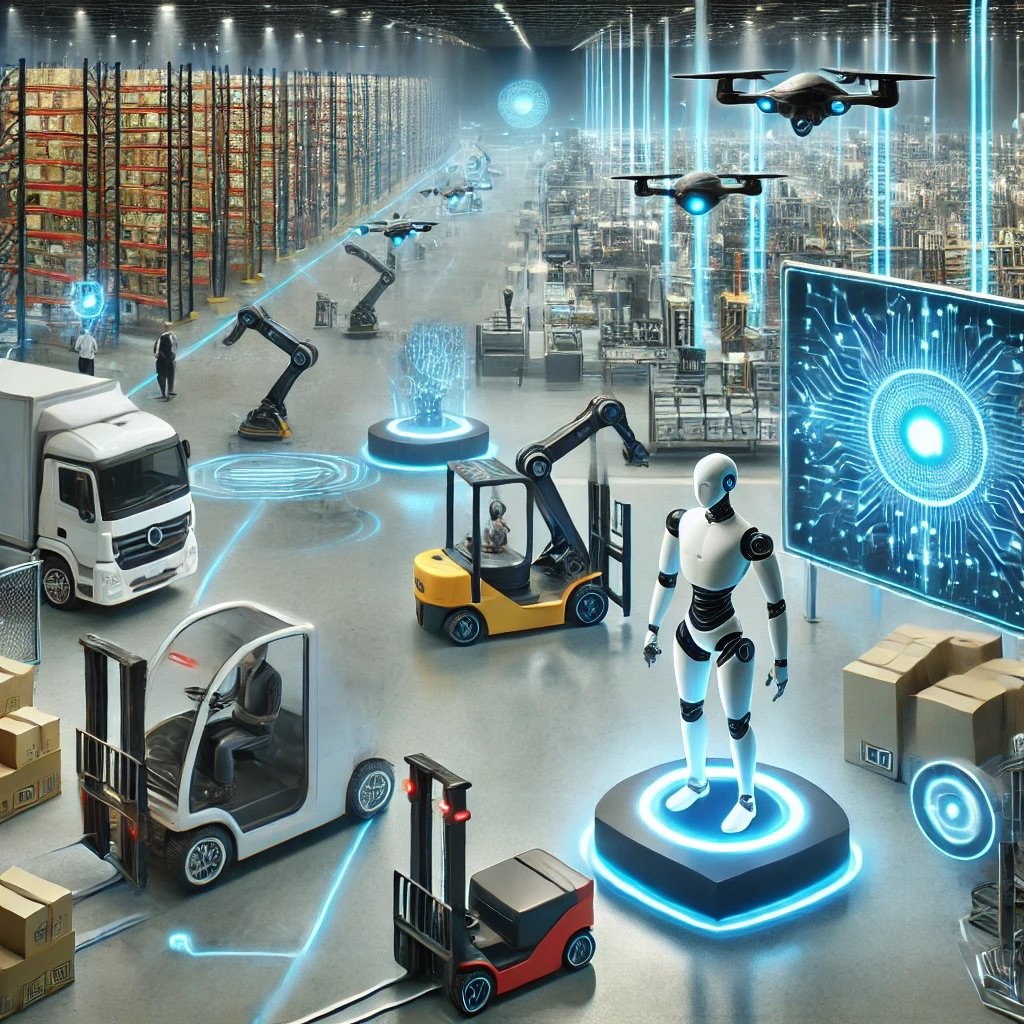
From Automation to Autonomy: Agentic AI in Manufacturing and Logistics
The manufacturing and logistics industries continue to evolve through a digital transformation, marked by the shift from basic automation to systems that are increasingly autonomous. Automation has long been a cornerstone of industrial operations, but the advent of Agentic AI represents a disruptive leap. This emerging technology goes beyond pre-programmed tasks, enabling systems to learn, adapt, and make decisions independently. By reshaping workflows, optimizing efficiency, and redefining roles, Agentic AI is set to revolutionize these industries.
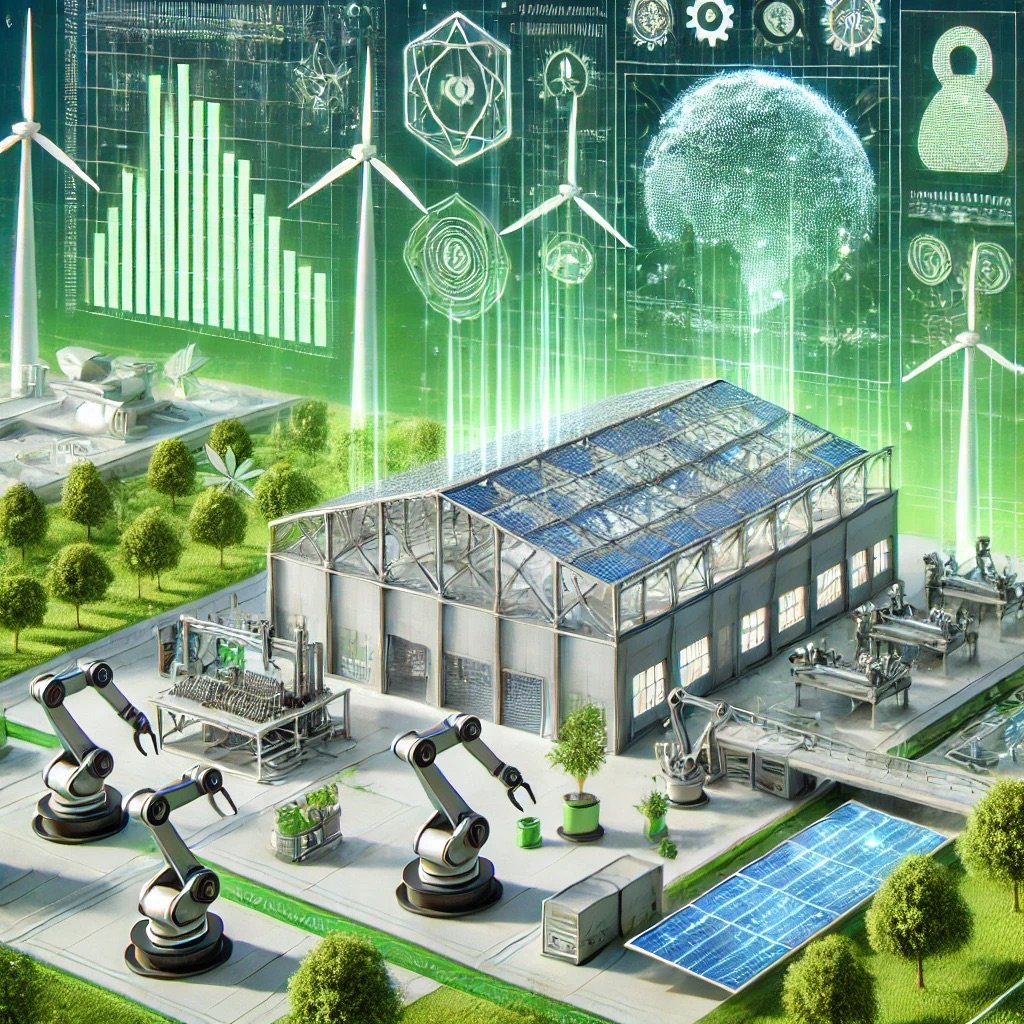
Sustainable Product Design with AI: Reducing Waste and Emissions
Sustainability is a critical part of modern product design. With growing awareness of environmental challenges and increasing consumer and regulatory demands, companies are seeking innovative ways to create eco-friendly products. Artificial intelligence (AI) has high potential in this transformation by offering tools and methodologies to optimize material usage, reduce waste, and enhance energy efficiency throughout the product lifecycle.
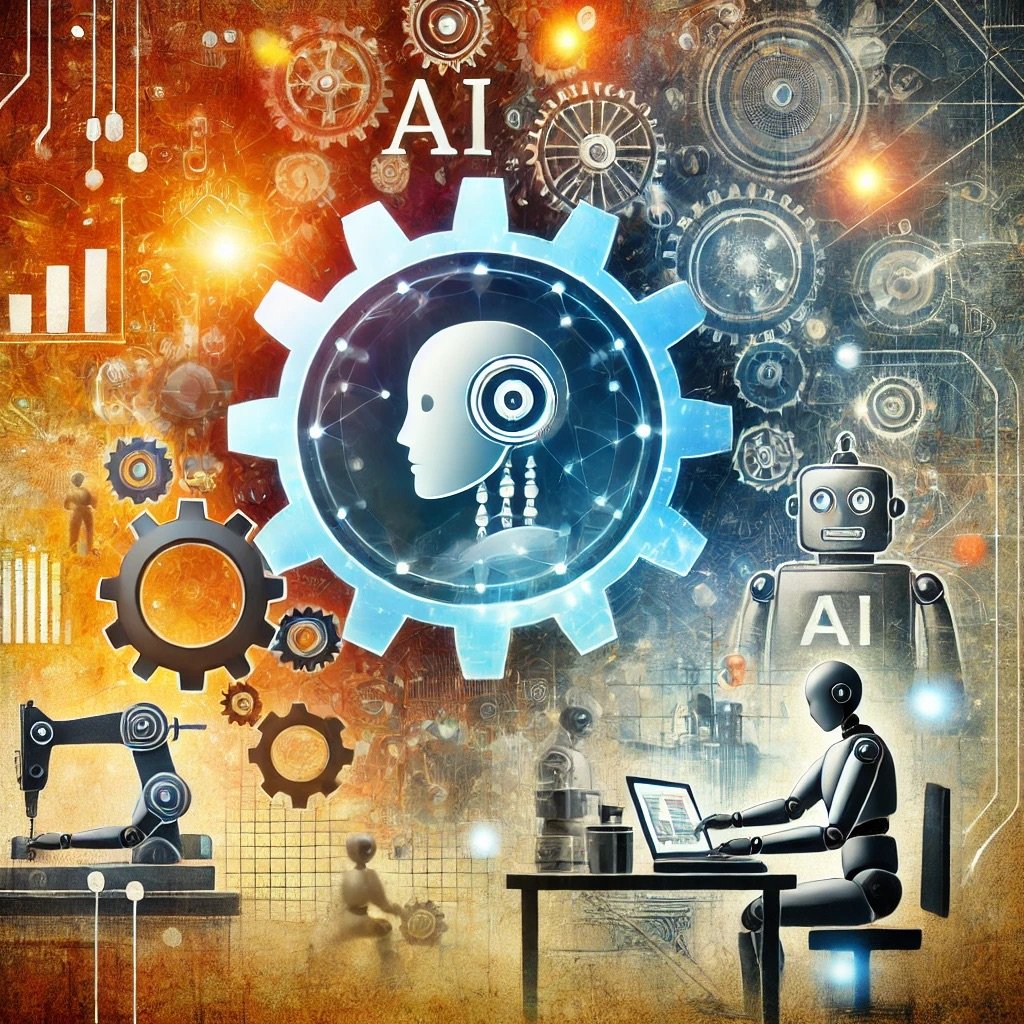
Agentic AI, Creating a Digital Labor Force
Agentic AI represents the next evolution of artificial intelligence—a leap from simple automation to creating AI systems capable of autonomous decision-making and self-directed problem-solving. This type of AI is poised to change the nature of work and create what can be thought of as a digital labor force. As organizations increasingly integrate Agentic AI into their operations, they are shifting from traditional labor models towards a blend of human and digital workforces, enabling significant gains in efficiency, productivity, and innovation.
The digital labor force is composed of AI-driven systems that can perform tasks autonomously, without requiring constant human oversight. This transformation has profound implications for the way we work, providing opportunities for businesses to scale operations and freeing human workers to focus on more strategic and creative roles. In this article, we explore what Agentic AI is, how it creates a digital labor force, and the opportunities and challenges that come with this transformation.
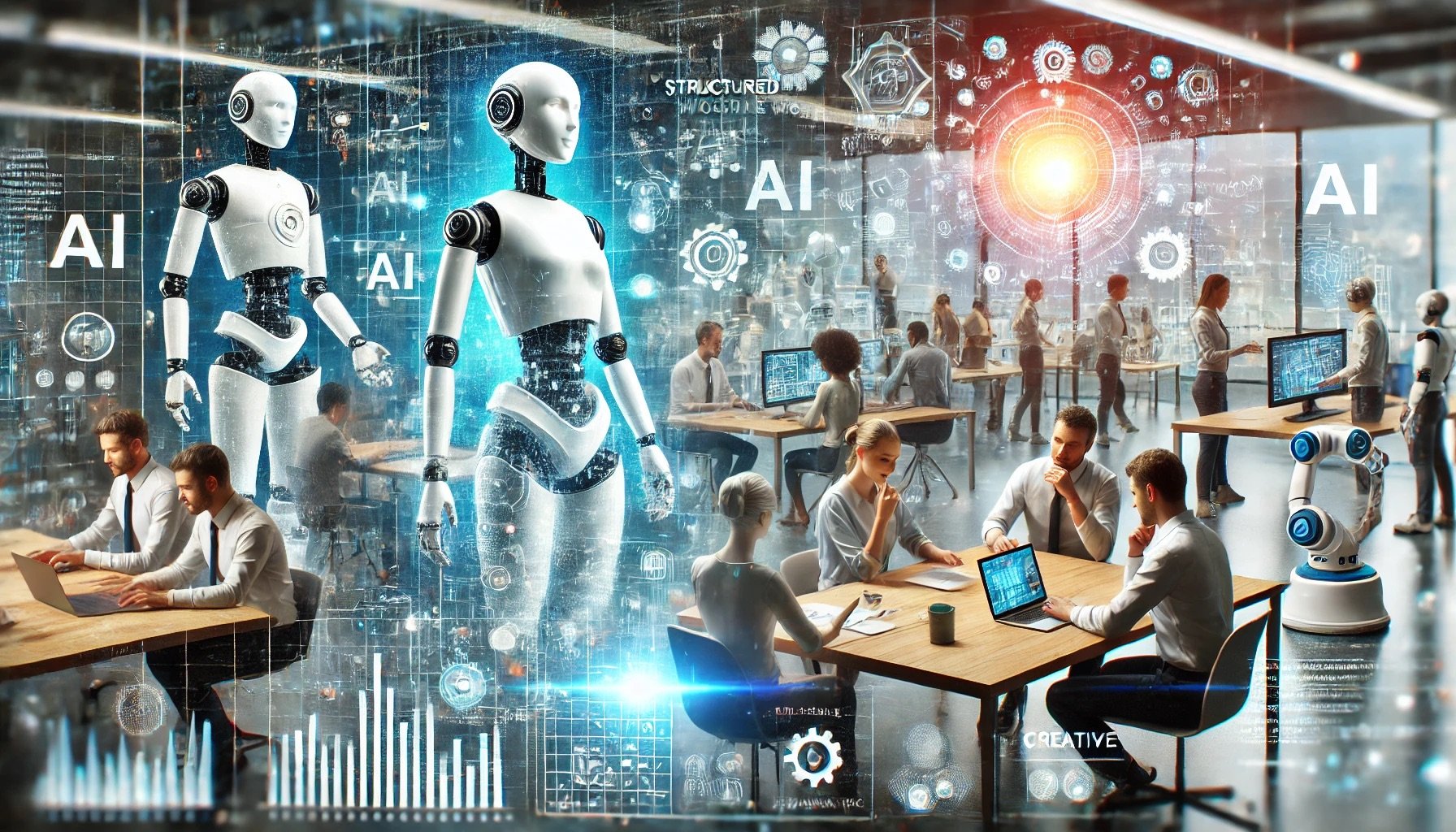
The Role of AI in Structured versus Unstructured Work
In most companies today, the nature of work is undergoing significant transformation, largely driven by advances in artificial intelligence (AI). As organizations seek ways to optimize their operations, increase profitability and enhance productivity, understanding how AI can support different types of work is critical.
Broadly speaking, work can be classified into two categories: structured work and unstructured work. Structured work involves repetitive, rule-based tasks with clear guidelines, while unstructured work encompasses creative, decision-driven activities that require human intuition and emotion. With AI technologies advancing at a rapid pace, they are now increasingly capable of both optimizing structured work and contributing to and improving unstructured work. Let's look at how AI agents are being used to enhance structured and unstructured work, what opportunities this presents for businesses, and the challenges that come with integrating AI into various workflows.

How Agentic AI Will Transform the Role of Knowledge Workers
Agentic AI, the latest evolution of artificial intelligence, is poised to transform the workplace by autonomously taking actions to fulfill specific goals. Unlike traditional AI systems that rely heavily on human input for decision-making, Agentic AI can independently perform tasks, learn from interactions, and adapt to changing environments, making it a powerful ally for knowledge workers.
Currently, knowledge work is marked by an overwhelming volume of information, routine tasks, and the need for constant decision-making. Knowledge workers often struggle to balance high-value, creative work with the burden of repetitive, low-impact activities. In this context, the introduction of Agentic AI has the potential to enable workers to shift their focus from mundane tasks to more strategic, meaningful contributions.
The central question is, how will Agentic AI reshape the roles, skills, and value of knowledge workers? The potential of Agentic AI to augment human capabilities can empower individuals to achieve higher productivity, creativity, and job satisfaction.
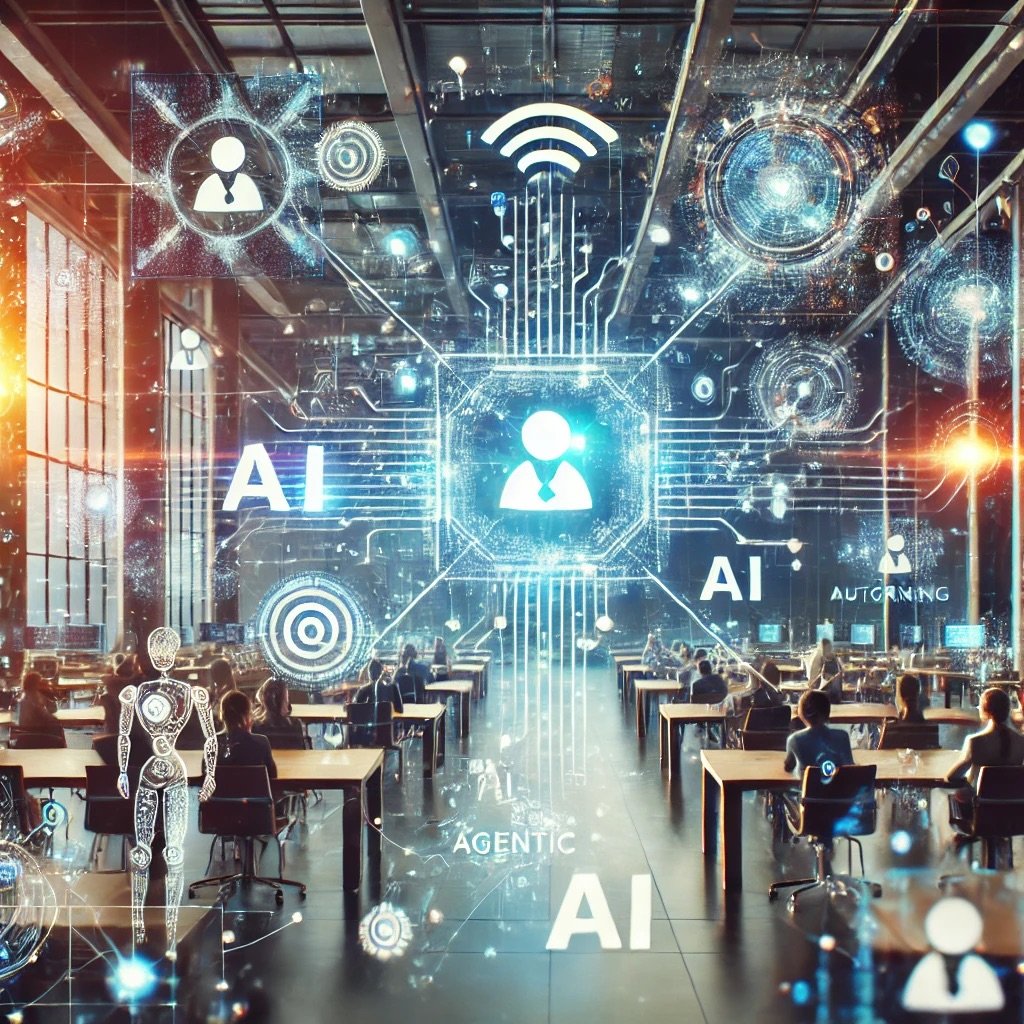
Agentic AI and the Rise of Adaptive Enterprises
As businesses attempt to remain competitive in a rapidly changing market, the concept of adaptability has become a key component of strategic planning. Agentic AI is emerging as a catalyst in creating enterprises that can not only respond to change but also anticipate and proactively adapt to it.
An Adaptive Enterprise is one that is designed to be agile, resilient, and capable of evolving in response to shifts in the business environment. Adaptability is no longer just an advantage—it is a necessity for survival in the face of rapid technological advancements, market disruptions, and changing customer expectations.
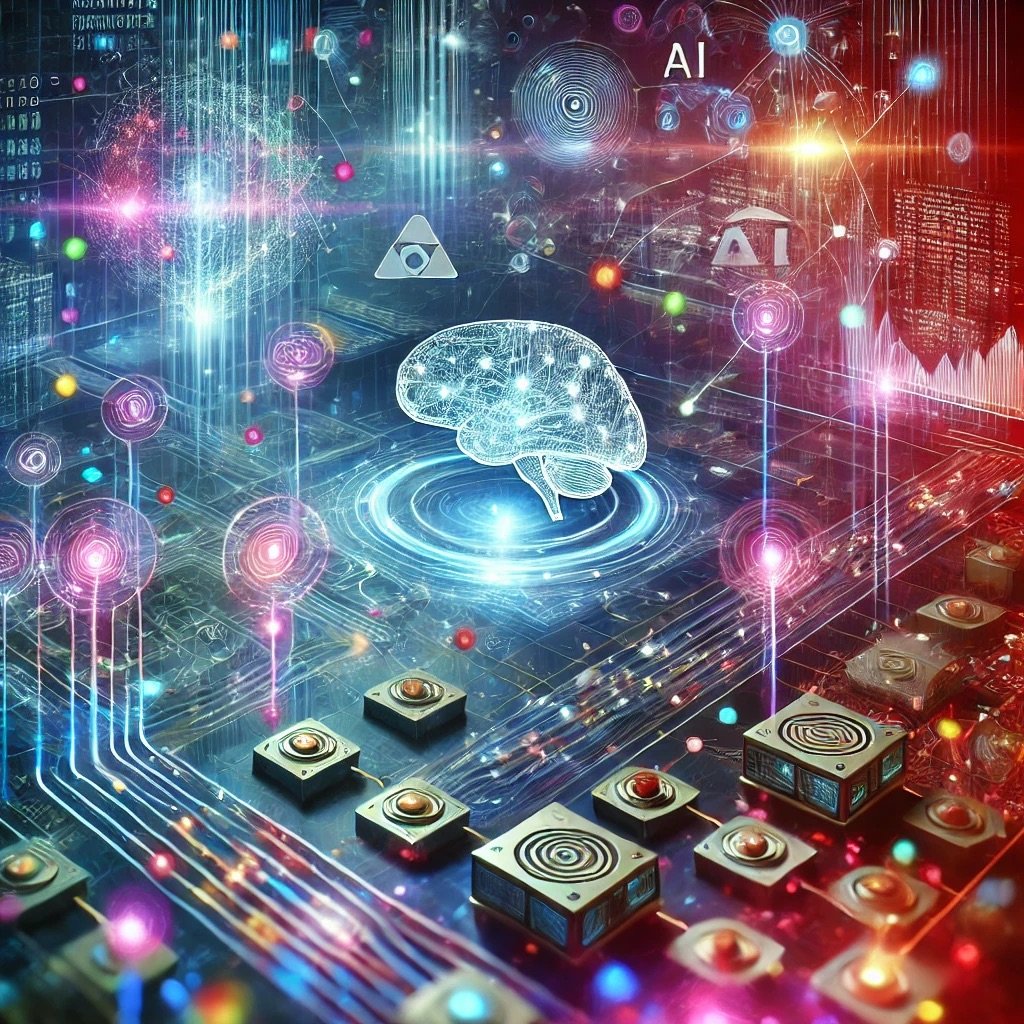
Developing a Robust Data Strategy to Support Your AI Initiatives
Artificial intelligence (AI) is redefining how businesses operate, innovate, and compete. However, the success of any AI initiative largely depends on a solid foundation: data management. Without a well-thought-out data strategy, AI projects can falter, delivering suboptimal results or, worse, failing entirely. The effectiveness of AI hinges on quality data, structured governance, and streamlined accessibility—all of which are anchored in a robust data strategy.
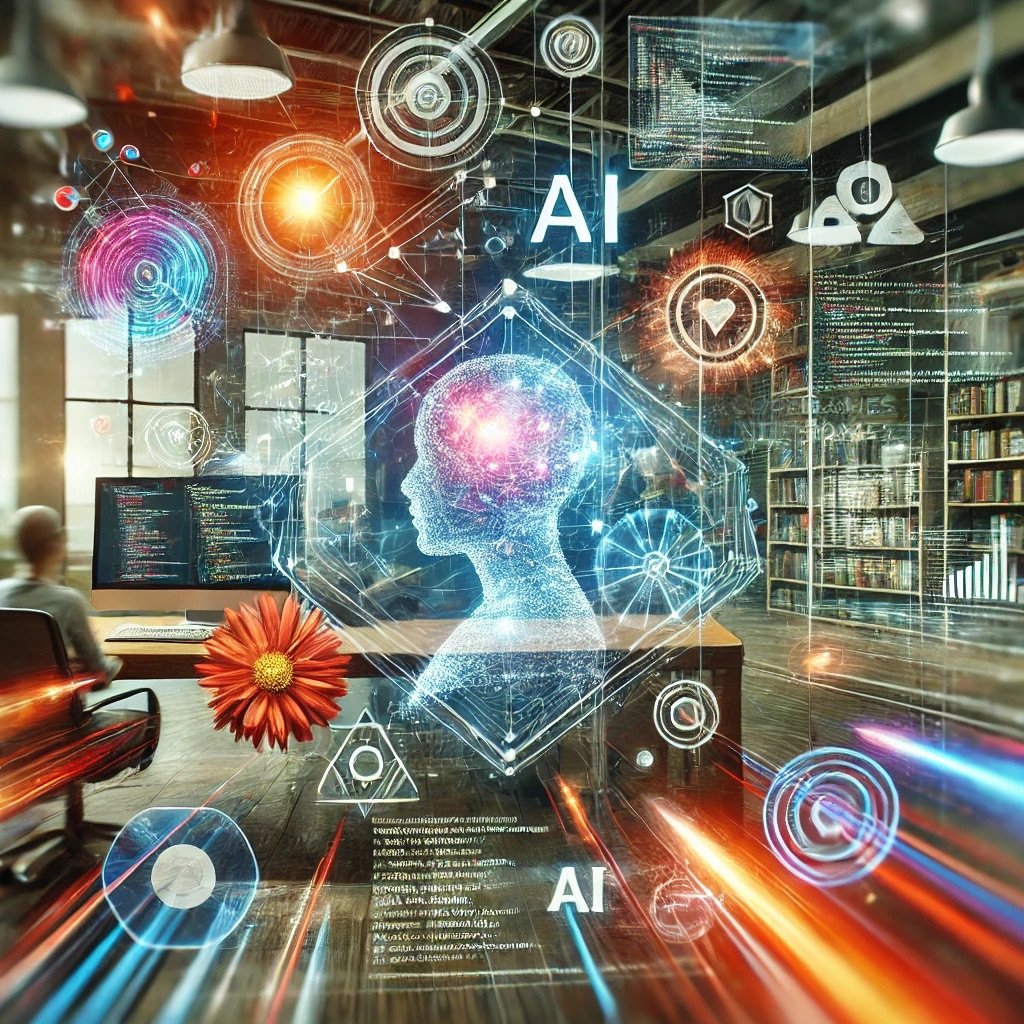
From Idea to MVP Faster: How Generative AI is Speeding Up Product Development Cycles
In the fast-paced world of product development, time is everything. Companies are under constant pressure to get their ideas off the whiteboard and into the hands of users as quickly as possible. In this environment, building a Minimum Viable Product (MVP) rapidly can be the difference between leading the market or playing catch-up. Enter generative AI—a transformative set of tools that is redefining the way R&D teams innovate and iterate.
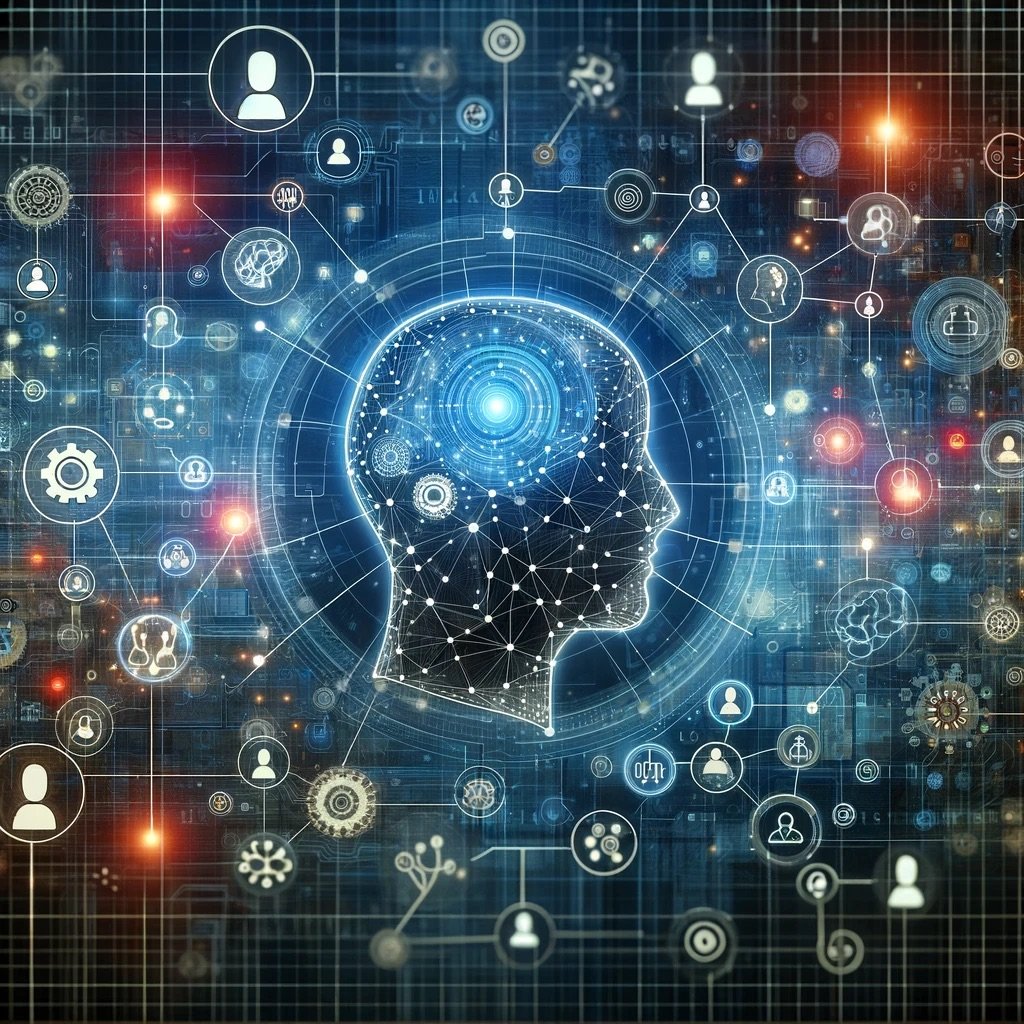
Large Behavior Models: The Key to Predicting and Optimizing Human Actions
Artificial Intelligence (AI) has brought us powerful tools to understand, interact, and make decisions in the world around us. Among these tools, Large Language Models (LLMs) have become incredibly well-known for their ability to understand and generate natural language. However, there’s another class of AI models gaining prominence: Large Behavior Models (LBMs). These models specialize in predicting, simulating, and optimizing human-like actions and are uniquely equipped to tackle challenges where understanding behavior is key.
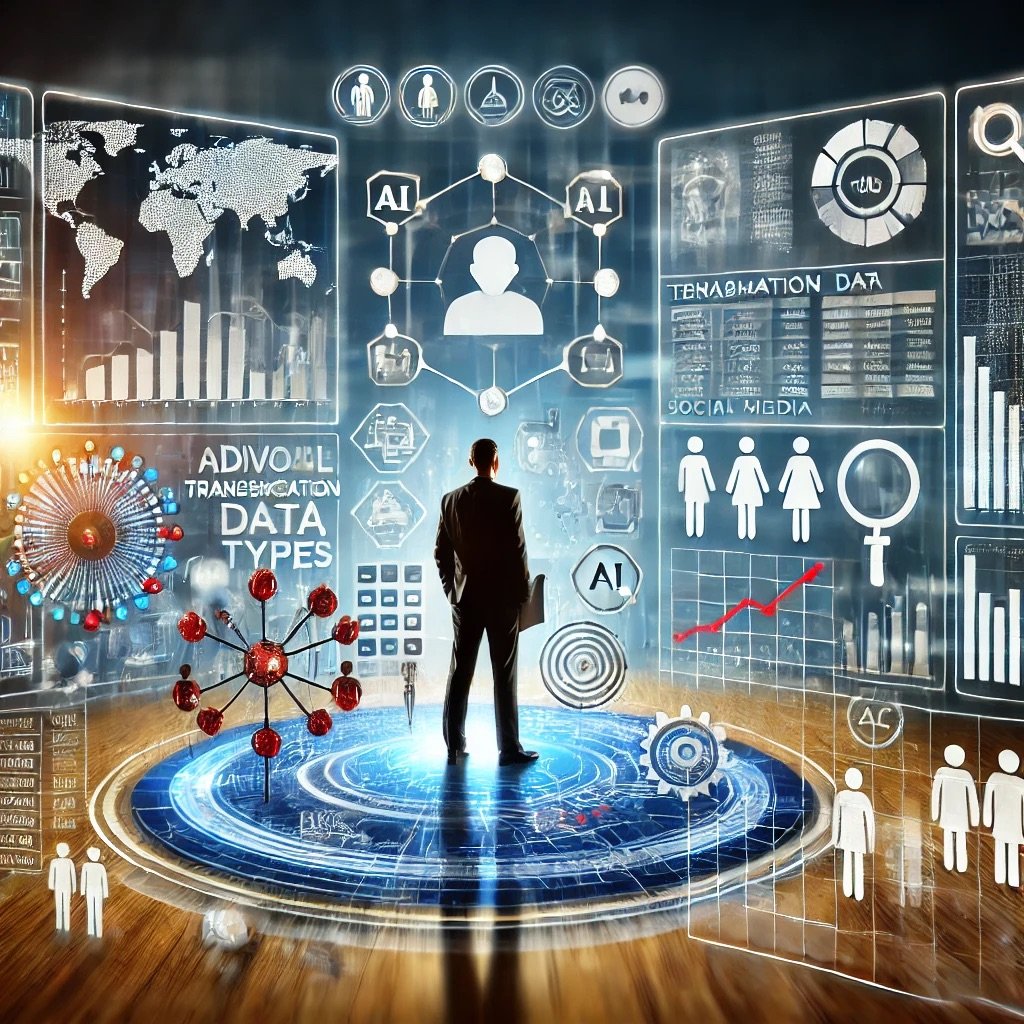
Boosting Marketing ROI with AI-Powered Predictive Analytics
AI-powered predictive analytics is fundamentally reshaping how marketers develop and execute their strategies, bringing a new level of precision and efficiency to decision-making processes. In today’s competitive market, relying solely on traditional approaches and intuition is no longer sufficient to capture audience attention and deliver high returns on marketing investments. Predictive analytics uses advanced AI and machine learning models to analyze large amounts of historical and real-time data, extracting valuable insights about customer behavior, preferences, and emerging trends. This allows marketers to not only understand their target audience better but also anticipate needs and take preemptive actions to maximize impact.
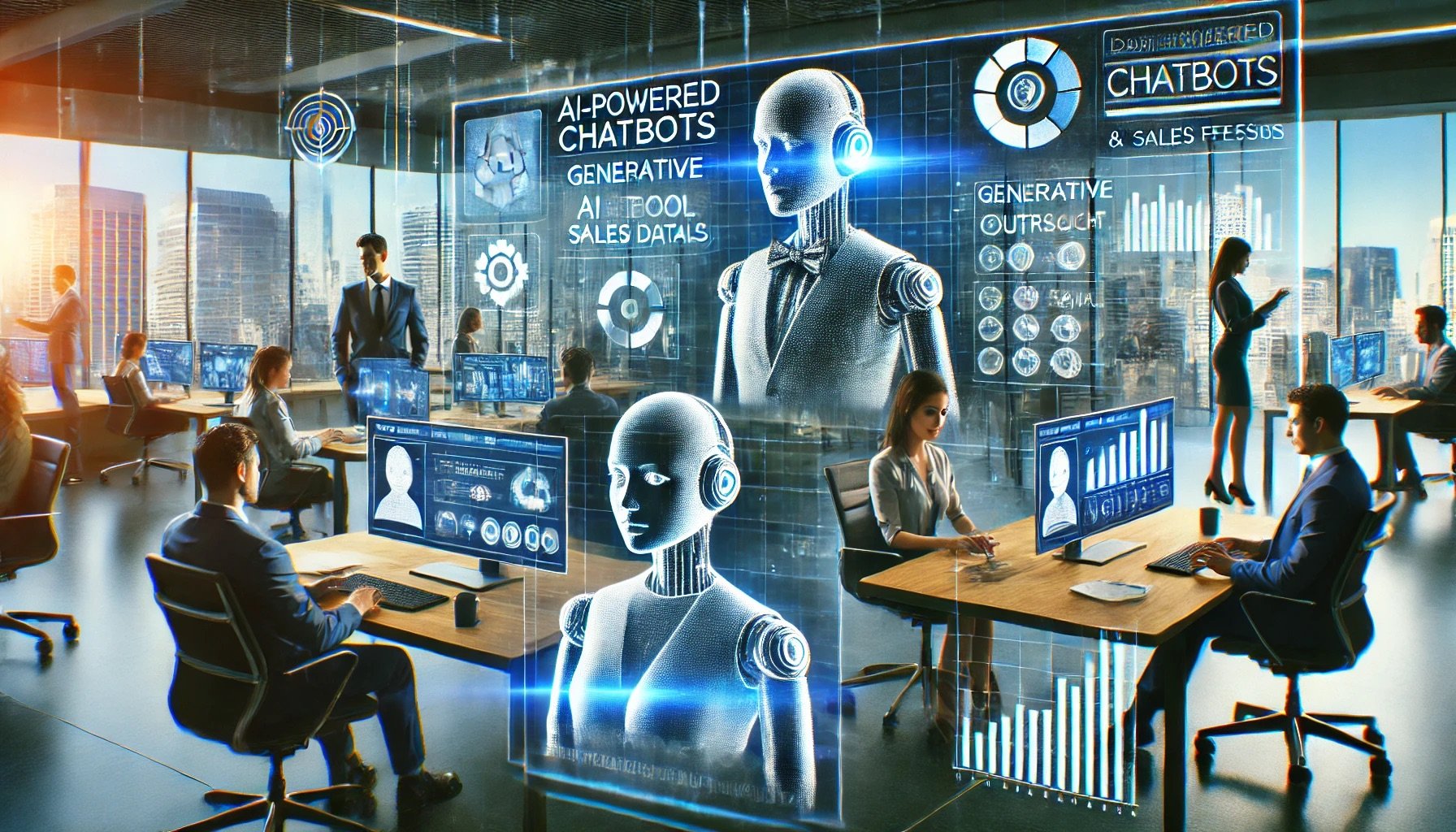
Automating Sales Outreach with Generative AI: Enhancing Personalization at Scale
Imagine sending every prospect a sales email that feels as personal as a handwritten note—but without spending hours writing each one. This is where generative AI steps in, transforming how businesses handle sales outreach. The power lies in enhancing personalization at scale—creating a connection with every lead without sacrificing the quality of engagement.
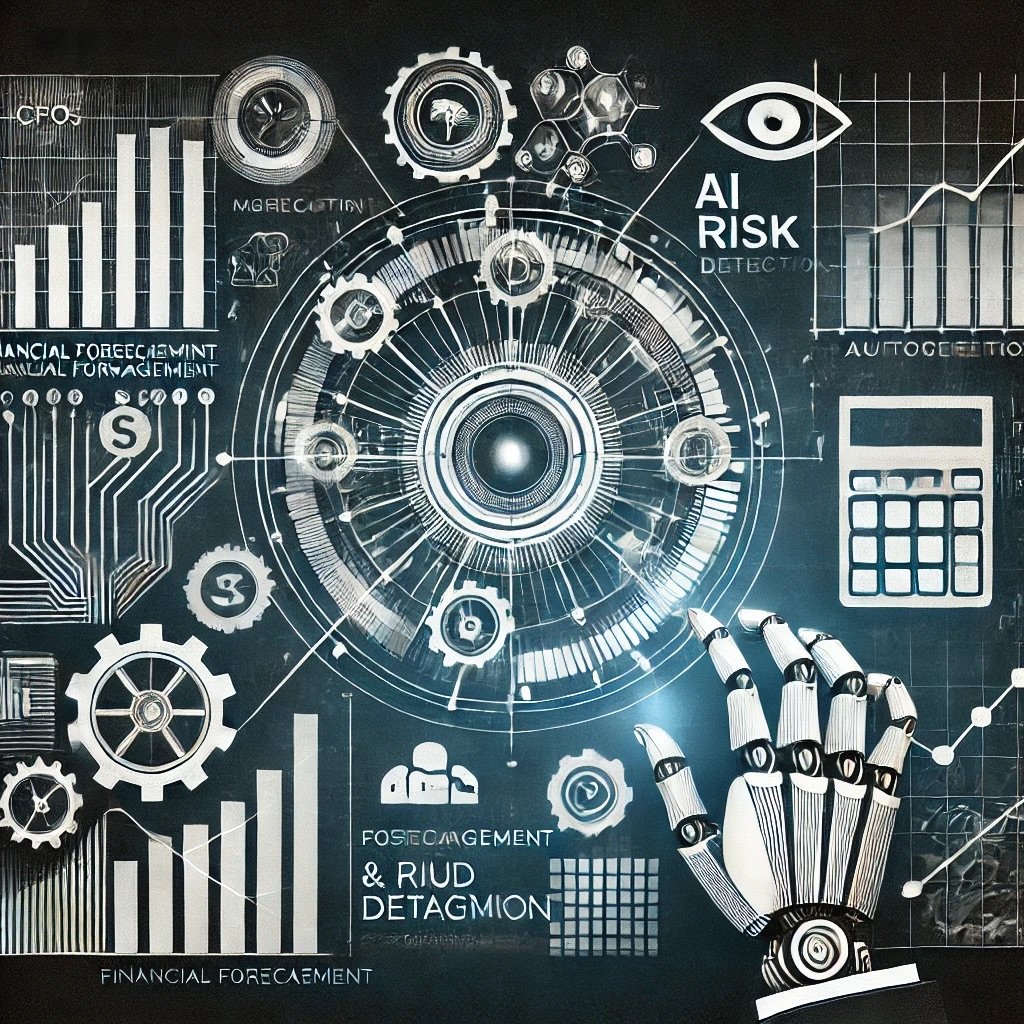
AI in Finance: Optimizing Risk Management and Forecasting for CFOs
As financial leaders, CFOs face growing challenges in navigating economic shifts, risk, and fraud prevention. AI has become essential in reshaping financial management by optimizing forecasting, enhancing risk management, detecting fraud, and automating accounting tasks. This post outlines how AI can empower CFOs in these critical areas, with an emphasis on the technologies and types of AI required.
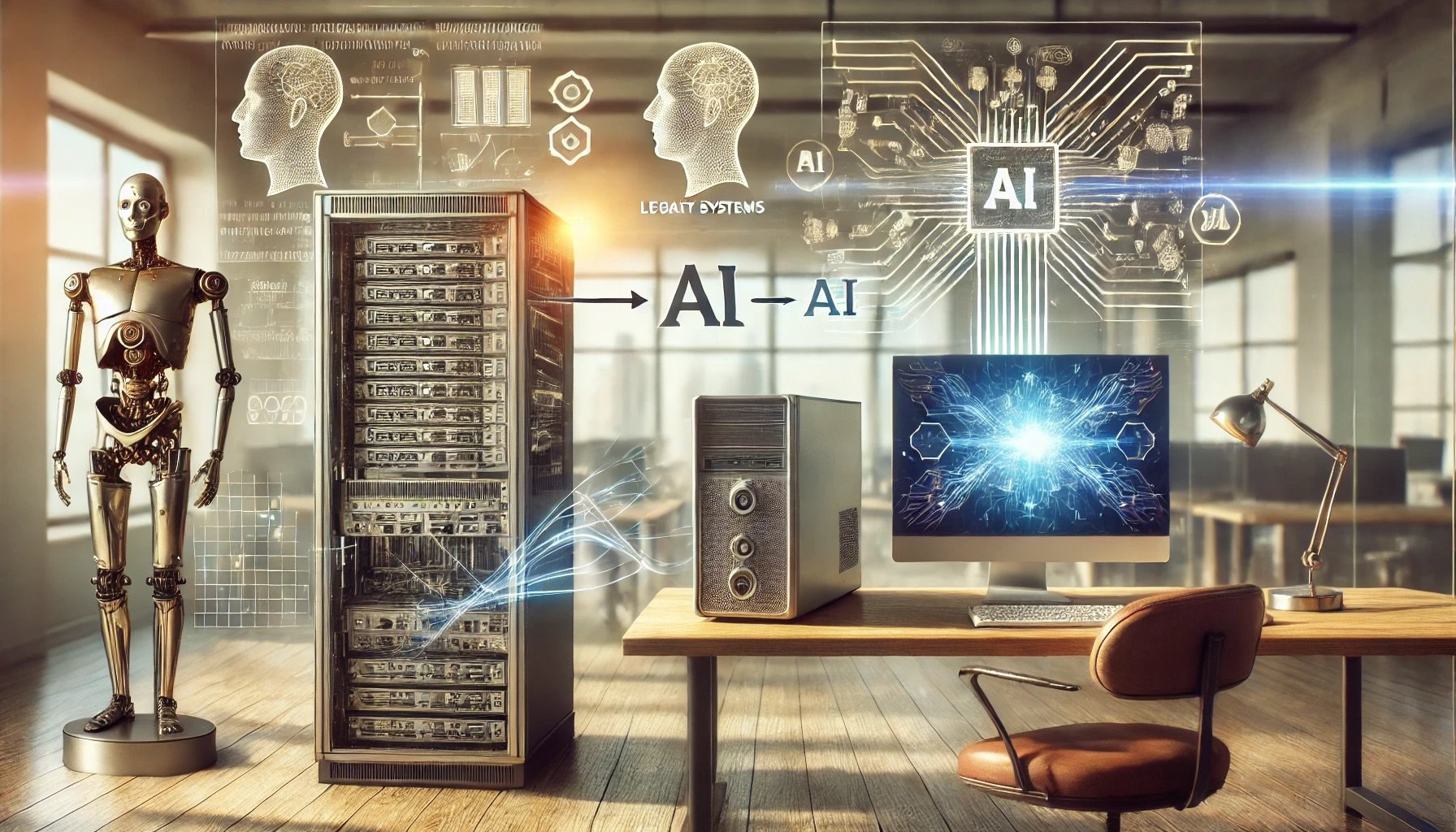
AI and Legacy Systems: Crafting an IT Strategy for Seamless Integration
Integrating AI into legacy systems is one of the most critical challenges and opportunities for CIOs today. Legacy systems—typically complex, rigid, and outdated by modern standards—often carry significant technical debt but remain essential to daily operations, particularly in industries like financial services, healthcare, and manufacturing. Here’s how CIOs can approach creating an IT strategy that seamlessly integrates AI with legacy systems, minimizing disruption and maximizing value.
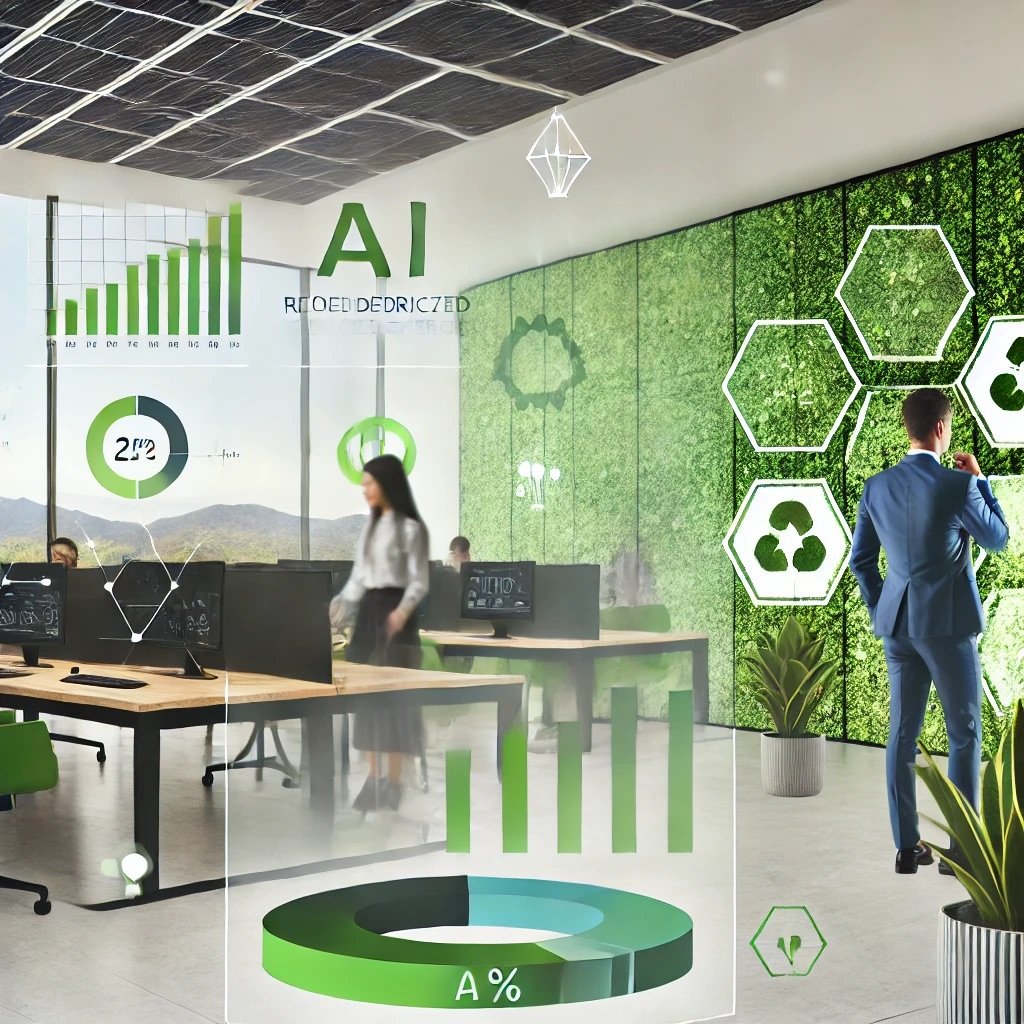
AI for Sustainability: How Executives Can Leverage Technology for Green Business Practices
As the urgency for businesses to adopt sustainable practices intensifies, artificial intelligence (AI) has emerged as a transformative force in the quest for environmental responsibility. In an era marked by climate change and resource scarcity, organizations are increasingly turning to AI to navigate the complexities of sustainability. This powerful technology offers innovative solutions for reducing carbon footprints, optimizing energy use, and enhancing the efficiency of supply chains —areas that are of growing concern to today's business leaders.
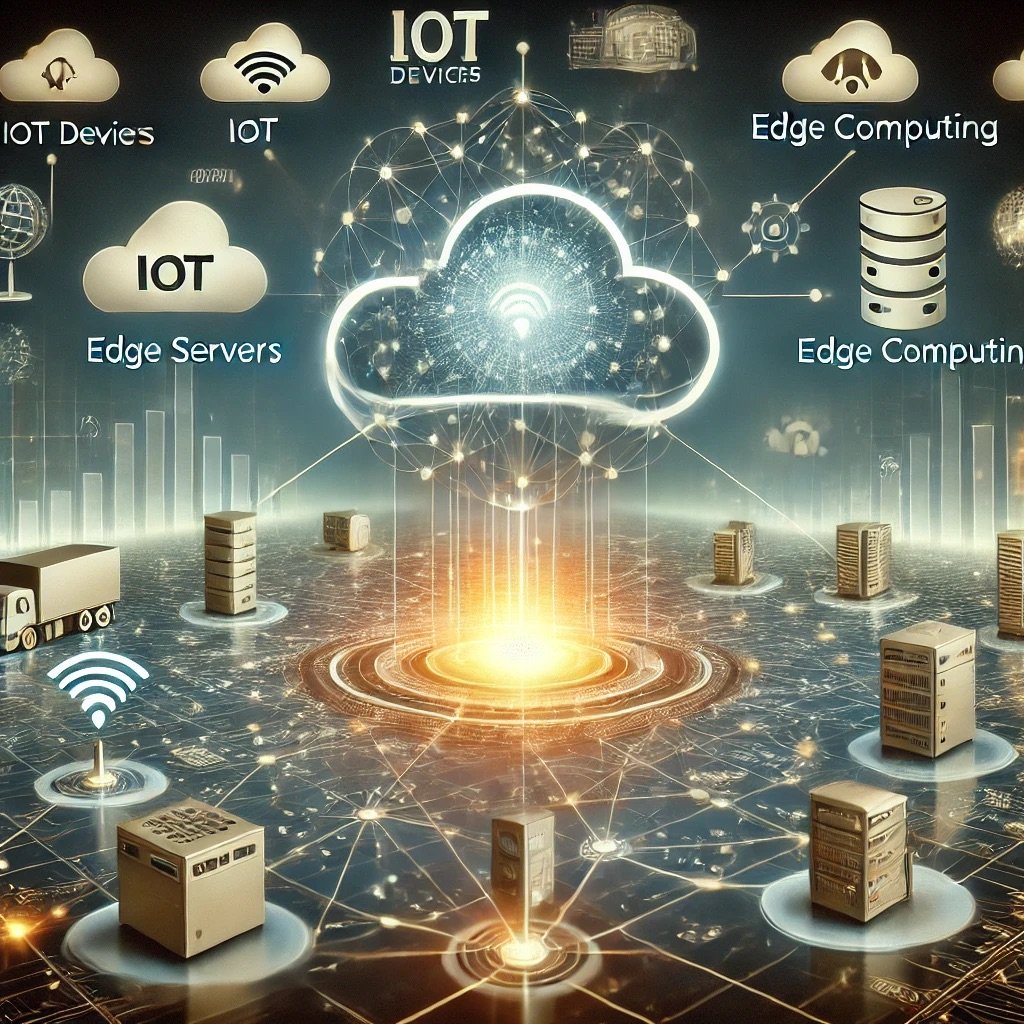
AI and Edge Computing: A Next-Gen IT Strategy for Real-Time Insights
AI and edge computing form a next-generation IT strategy centered on processing data closer to the source, enabling real-time insights and reducing latency. As IoT adoption expands, edge computing becomes a critical enabler for real-time analytics, making it possible to analyze data at or near its collection point rather than sending it to a central cloud for processing. This shift is crucial in IoT applications requiring immediate responses, low-latency analysis, and efficient data handling.
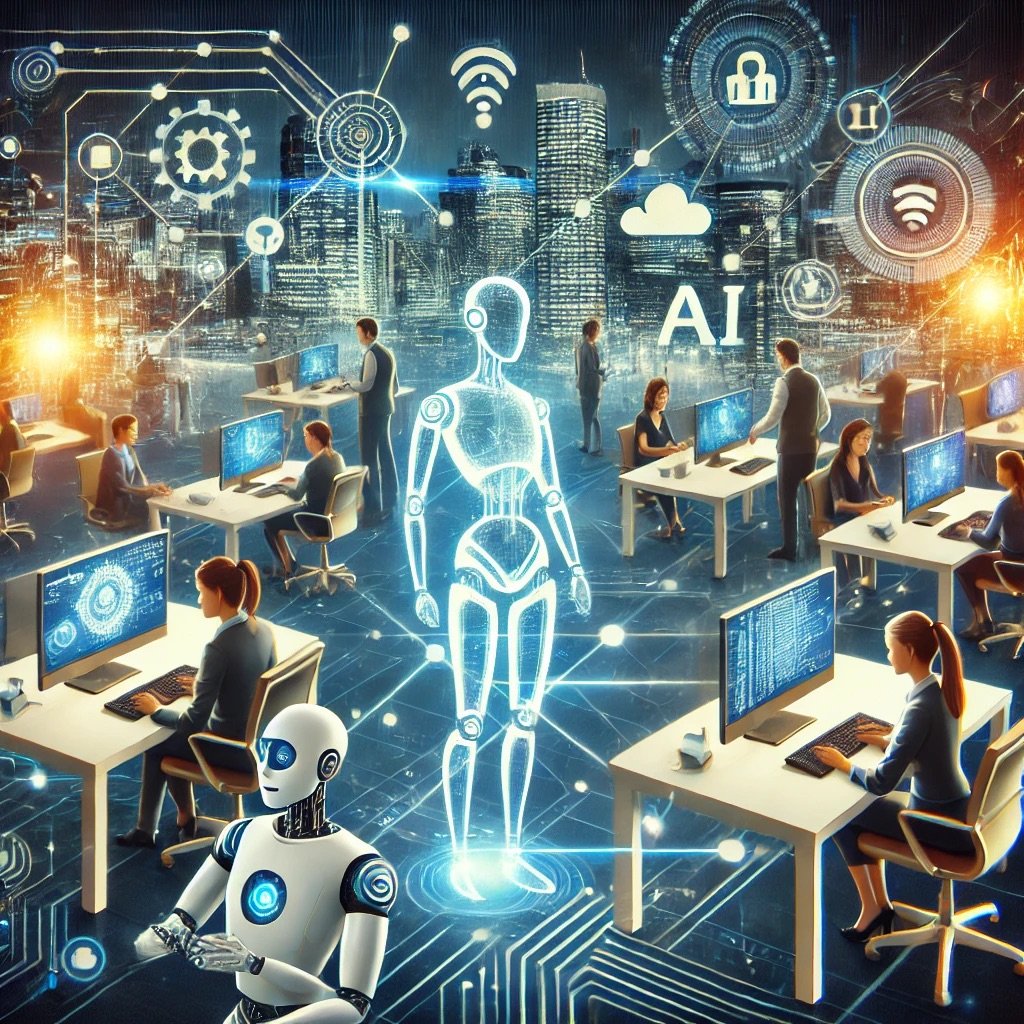
AI and the Future of Work: What Executives Need to Know
The broad expansion of artificial intelligence (AI) business use is transforming the modern workplace, ushering in a new era where businesses must adapt to rapid technological advancements. For executives, understanding the implications of AI on the workforce is essential for future success. As AI adoption accelerates, it is reshaping job roles, talent management practices, and the skills required for employees to thrive. While some tasks are being automated, AI is also augmenting human capabilities, leading to the creation of new roles and redefining existing ones. This transformation brings opportunities for enhanced productivity and innovation, but it also requires organizations to invest in upskilling and reskilling initiatives to prepare their workforce for the digital age.

How AI is Driving Strategic Decision-Making in the C-Suite
AI-enhanced decision-making refers to the integration of artificial intelligence technologies into the decision-making processes within organizations, allowing for more informed, efficient, and strategic outcomes. This approach harnesses the power of AI to analyze huge datasets, recognize patterns, and provide insights that human decision-makers may overlook. The application of AI in decision-making can take several forms, including full automation, human-in-the-loop scenarios, and human oversight, each with its own benefits and use cases. AI is transforming strategic decision-making in the C-suite by providing tools that enhance executive-level insights, improve forecasting accuracy, and optimize resource allocation.
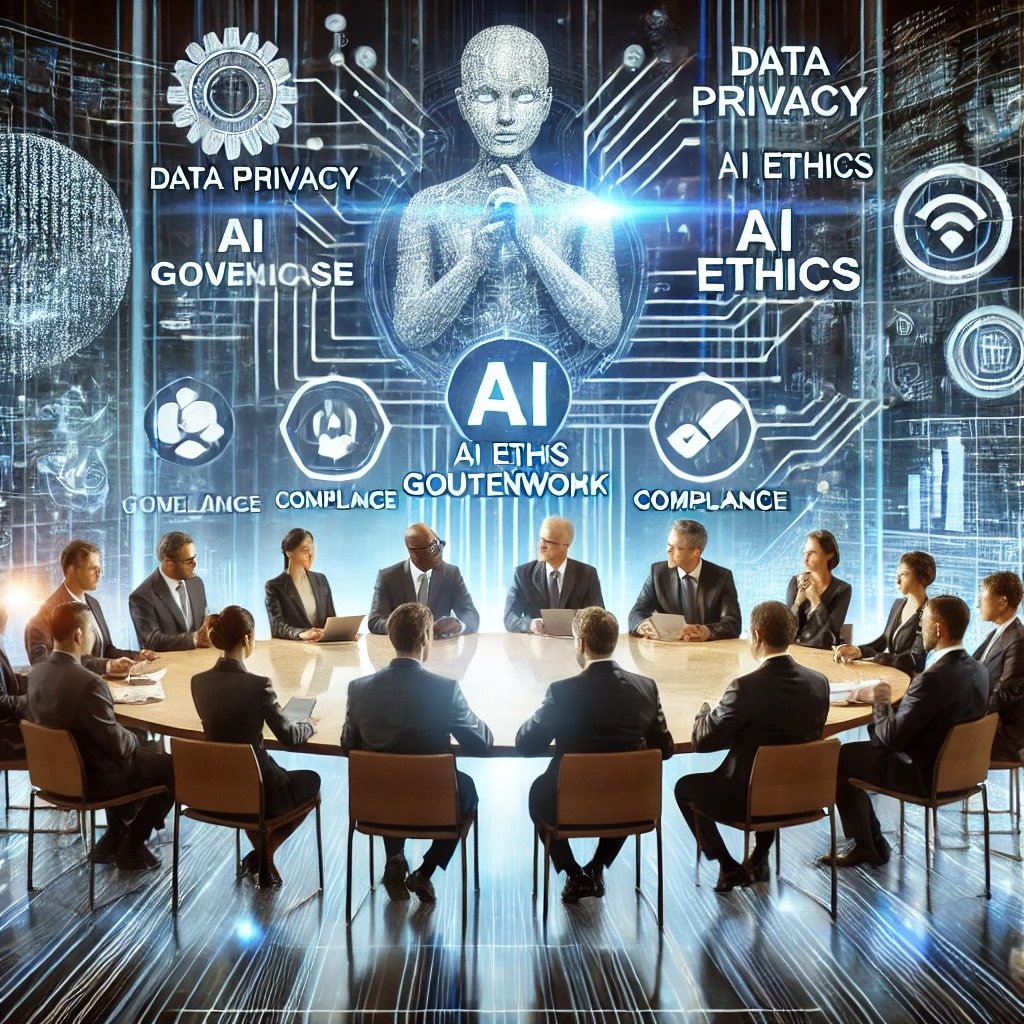
Navigating AI Governance: What C-Level Executives Should Prioritize
As AI technologies become integral to business operations, the importance of robust AI governance frameworks cannot be overstated. For C-level executives, effectively navigating AI governance means understanding how to harness AI's potential while mitigating risks and maintaining trust. This involves focusing on three key pillars: ethical AI use, data privacy, and regulatory compliance.
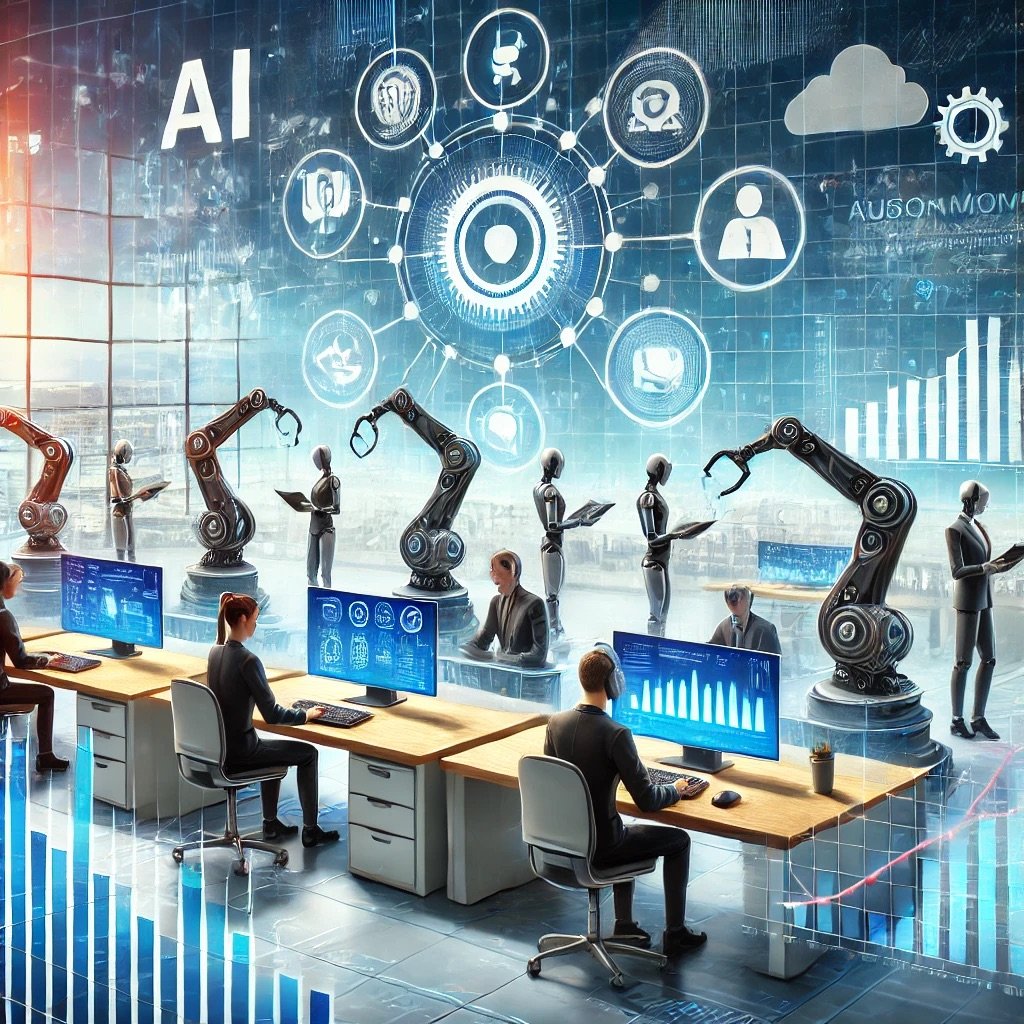
Unlocking Competitive Advantage with AI-Driven Automation
Unlocking competitive advantage with AI-driven automation is a key strategy for companies across various industries. AI-driven automation involves integrating AI technologies into business processes to execute tasks with minimal human intervention. This comprehensive approach encompasses various tools, methodologies, and applications, fundamentally transforming how organizations operate.
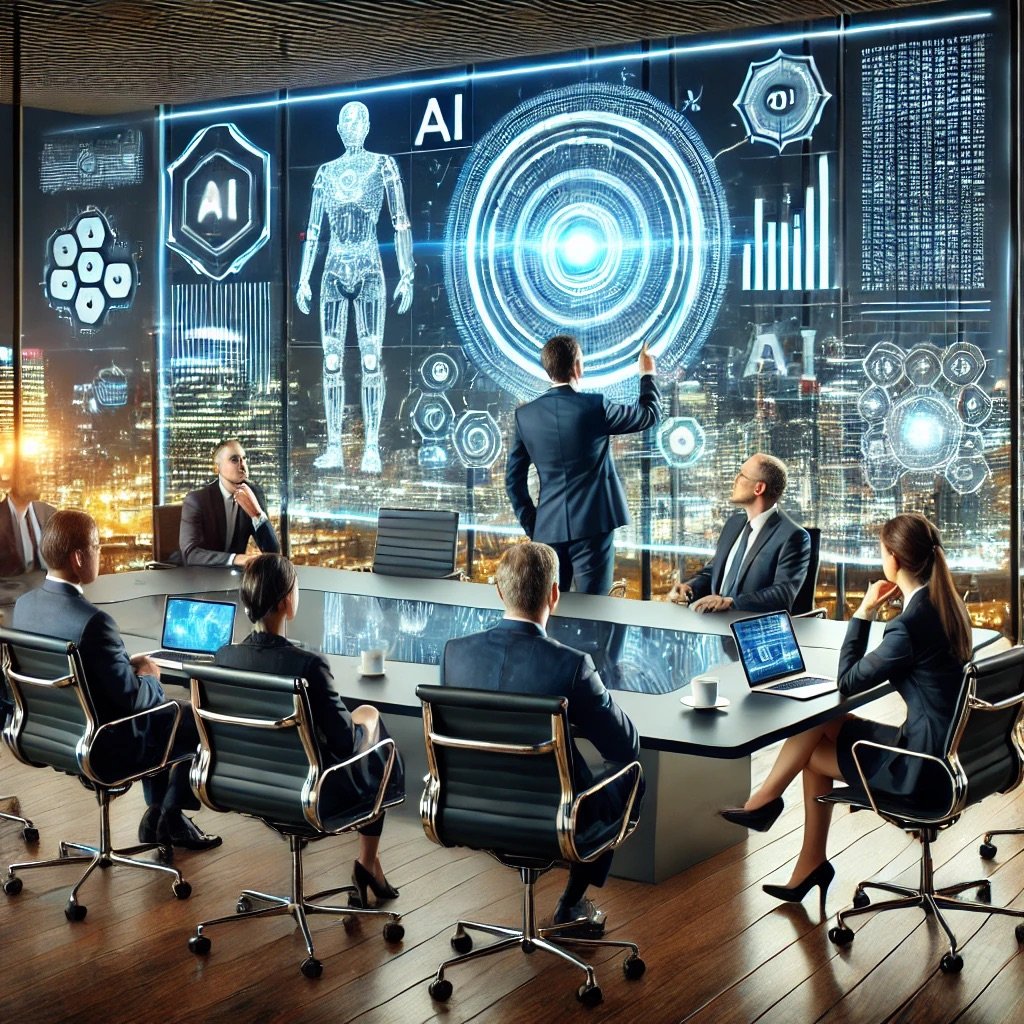
Future-Proofing Your Business: Why C-Level Leaders Must Prioritize AI Investments
As AI continues to reshape industries, businesses that fail to invest in this transformative technology risk being left behind. For C-level executives, embracing AI is not just about keeping up with the competition—it’s about future-proofing your organization in a world where AI is becoming a core driver of efficiency, innovation, and profitability.
